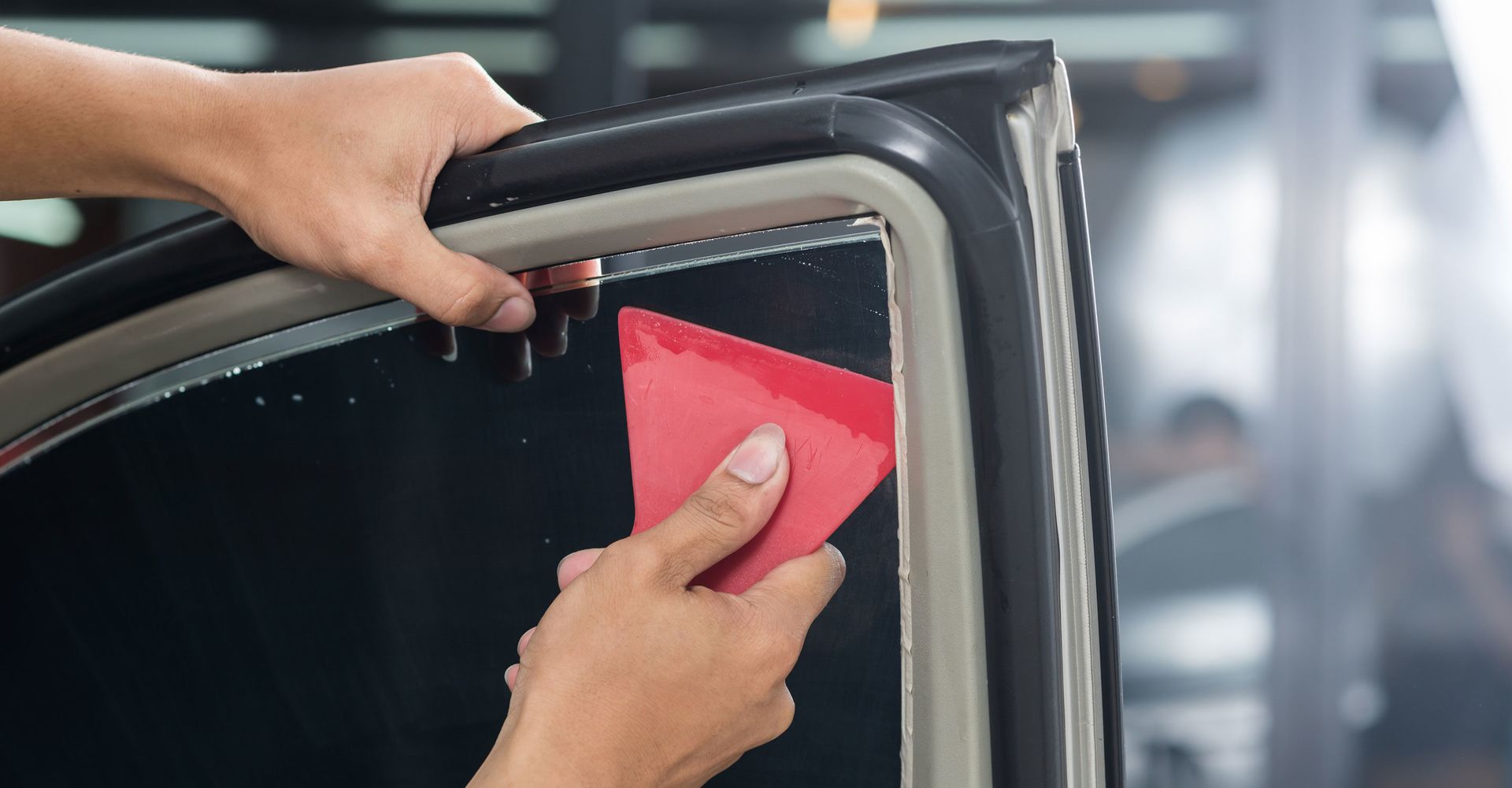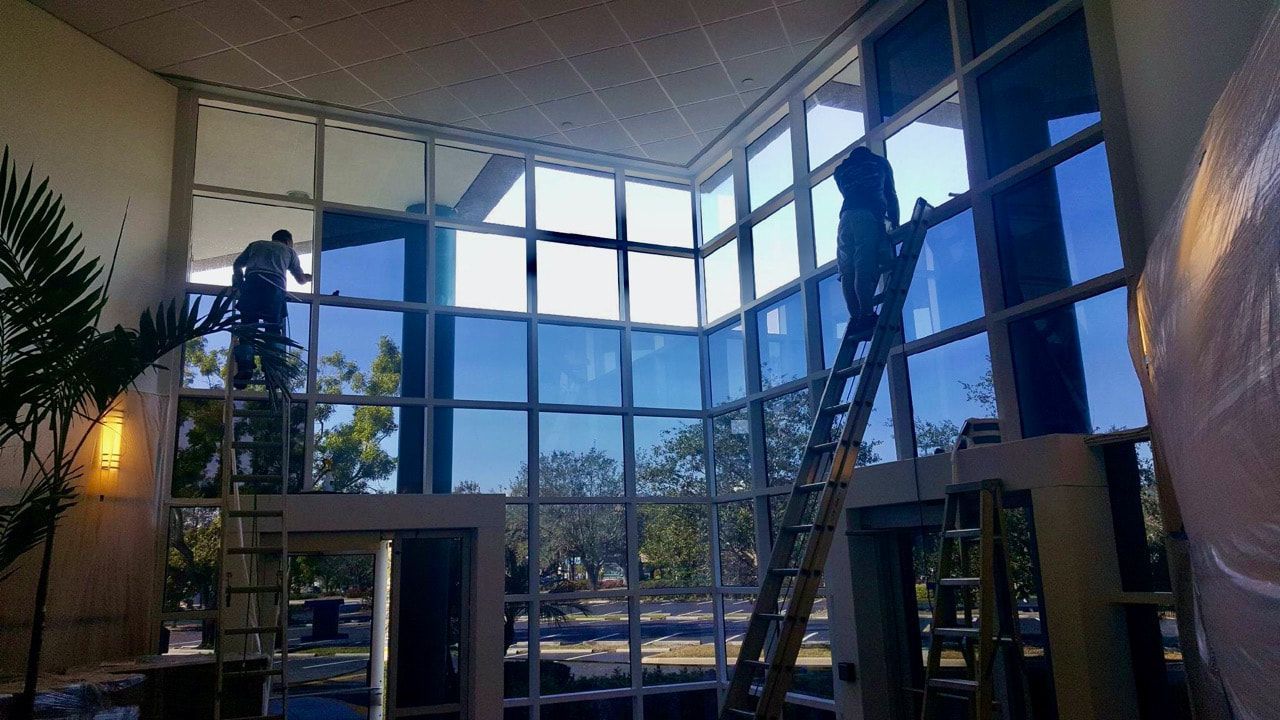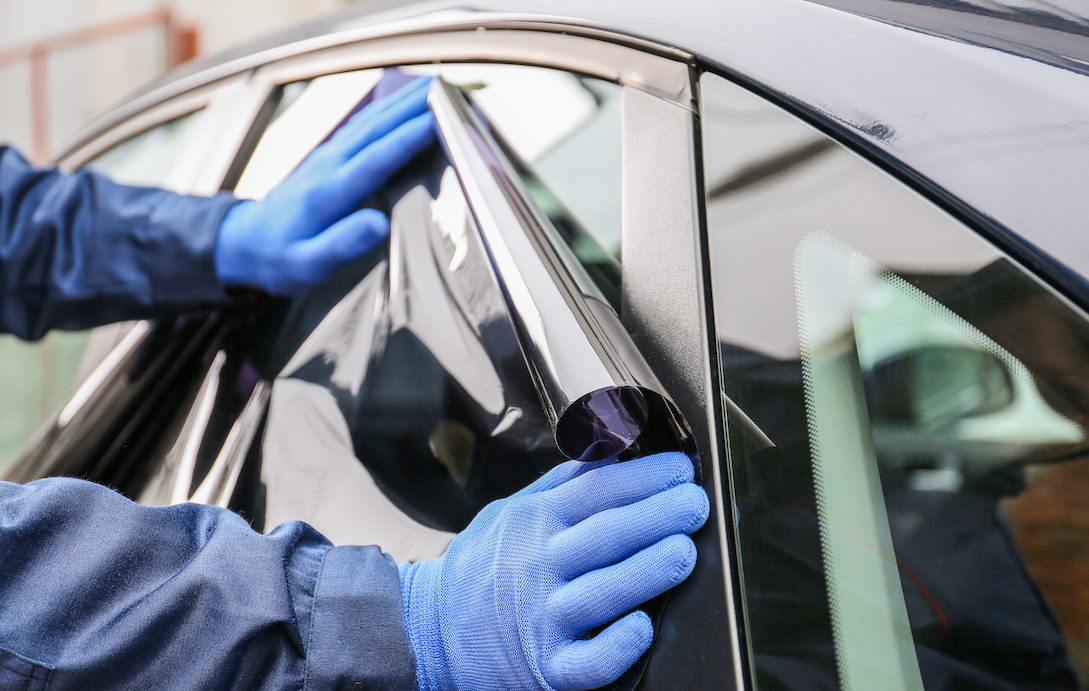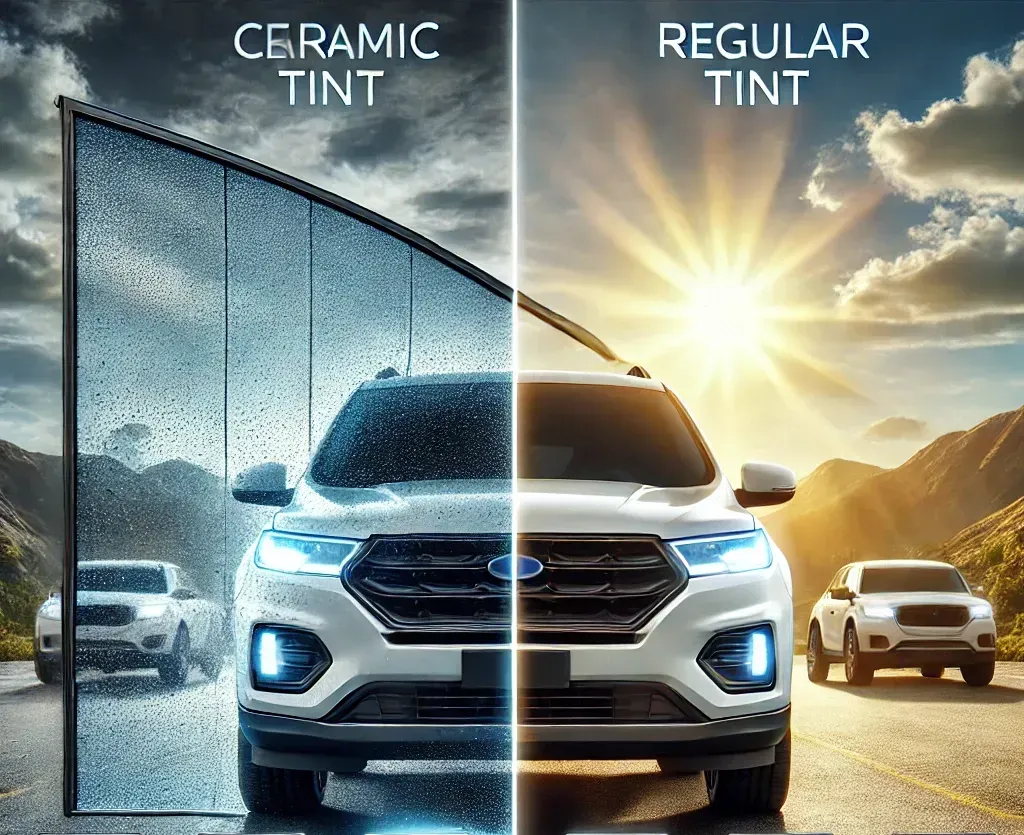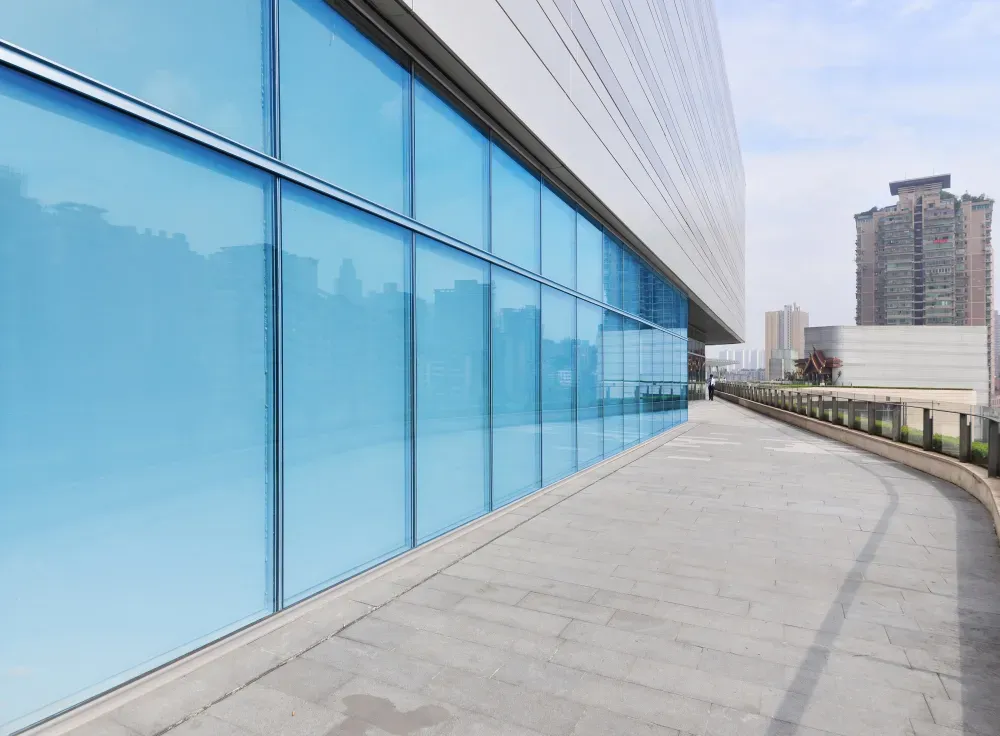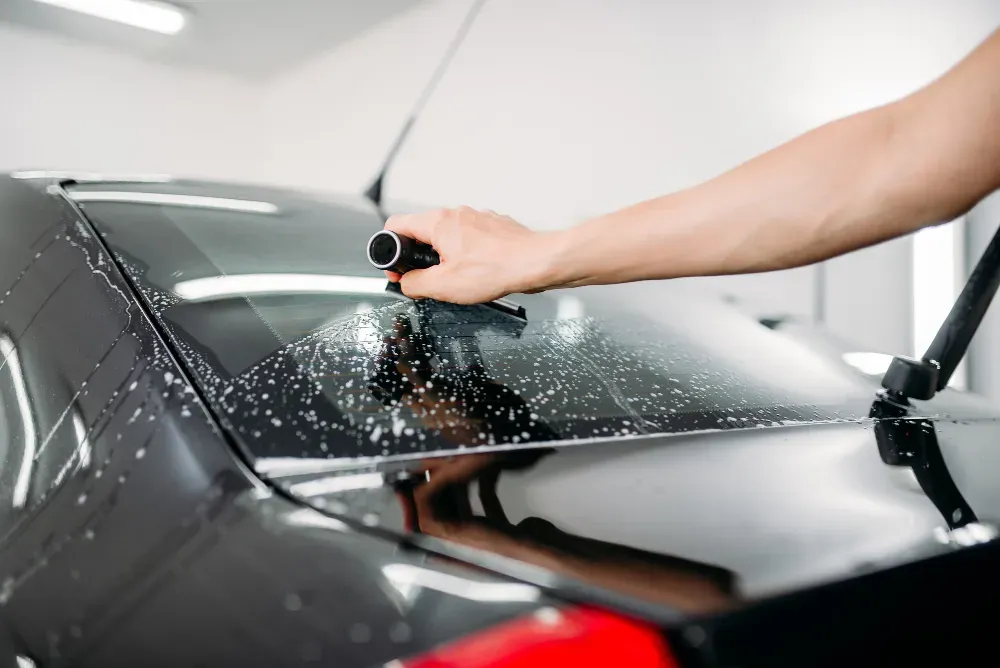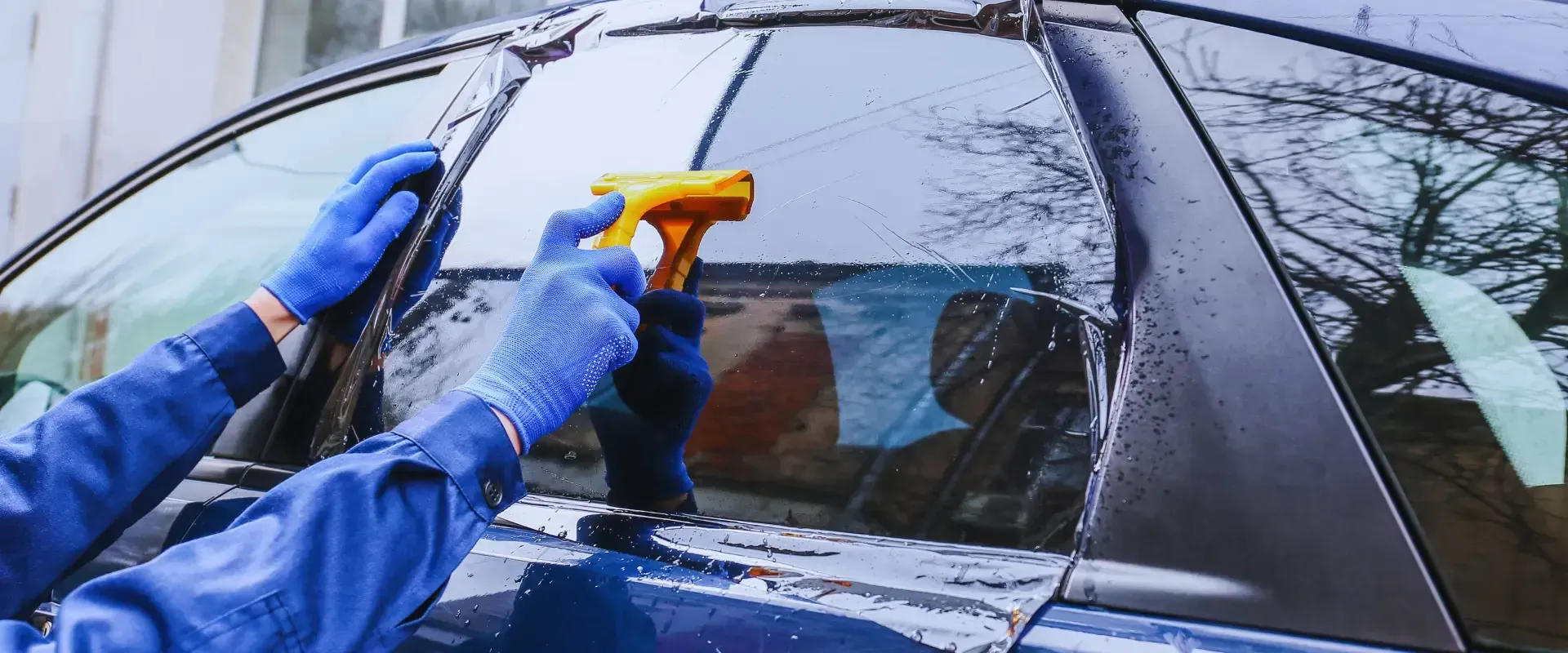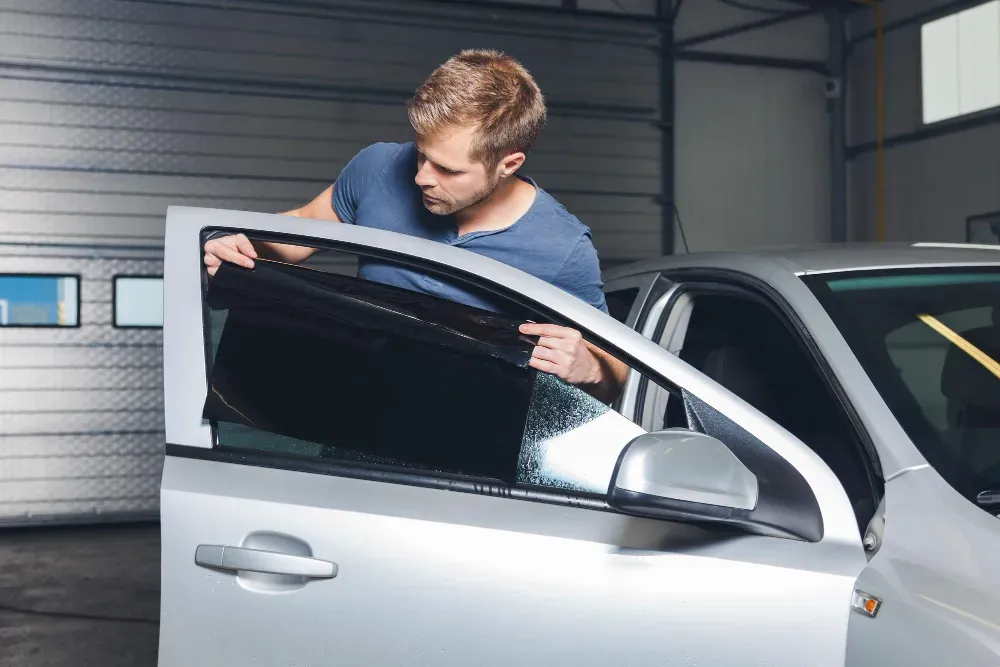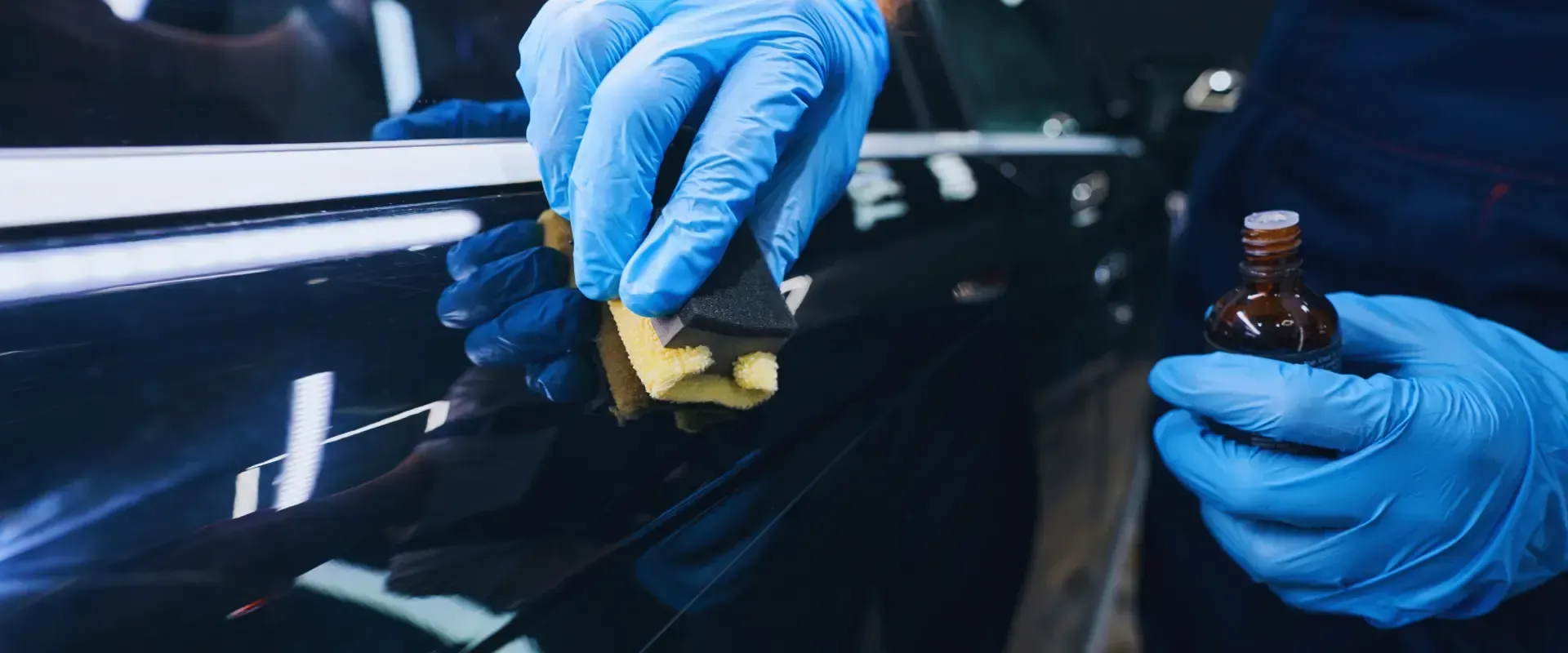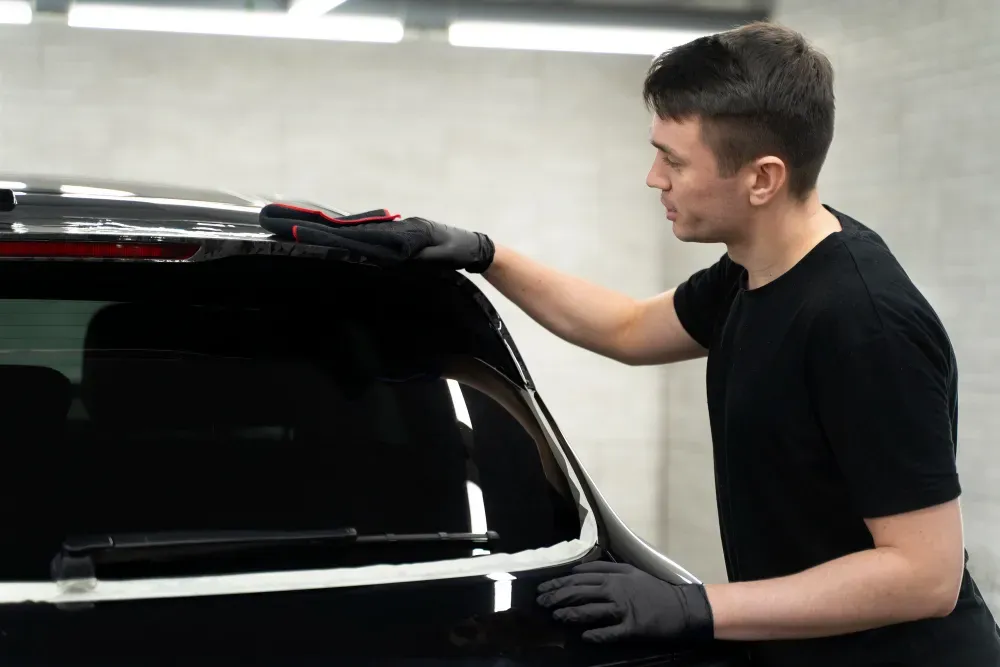Is Your Truck's Tinted Windows Legal? A Driver's Guide to Window Tint Laws
Have you ever wondered if those sleek, tinted windows on your truck could land you in hot water with the law? You're not alone. As a truck driver myself, I've navigated the confusing world of window tint regulations, and I'm here to share what I've learned. In this guide, we'll explore the ins and outs of truck window tinting laws, helping you stay both stylish and legal on the road.

My Personal Encounter with Window Tint Laws
A Costly Lesson Learned
Picture this: It's a scorching summer day in Cudahy, CA, and I'm cruising down the highway in my newly tinted truck, feeling cool and confident. Little did I know, my dark windows were about to cast a shadow on my day. As I pulled up to a routine traffic stop, the officer's first words weren't "License and registration, please," but "Sir, your windows are too dark."
That day, I learned the hard way that window tint laws are no joke. The fine I received was a wake-up call, prompting me to dive deep into the world of legal window tinting for trucks. Now, I'm here to share my knowledge and help you avoid the same mistake.
Understanding Window Tint Basics
What is Window Tint?
Before we dive into the legalities, let's clarify what we're talking about. Window tint is a thin film applied to glass surfaces to reduce the amount of light that passes through. It's not just about looks; tinting serves several purposes, from UV protection to temperature control.
Why Do People Tint Their Truck Windows?
There are many reasons why truck owners, like myself, choose to tint their windows:
- Sun protection
- Heat reduction
- Privacy
- Glare reduction
- Aesthetic appeal
While these benefits are appealing, it's crucial to balance them with legal compliance.
The Legal Landscape of Truck Window Tinting
Federal vs. State Regulations
Here's where things get a bit tricky. While there are federal guidelines for window tinting, most of the nitty-gritty regulations are set at the state level. This means that what's legal in one state might get you pulled over in another.
Key Factors in Window Tint Laws
Visible Light Transmission (VLT)
VLT is the amount of light that passes through your windows. It's expressed as a percentage, and it's a key factor in tint laws. For example, a 70% VLT means 70% of light passes through the window.
Which Windows Can Be Tinted
Laws often differ for front side windows, back side windows, and rear windows. In many states, there are stricter regulations for front windows compared to rear ones.
Reflectivity Restrictions
Some states also regulate how reflective your window tint can be. Highly reflective tints can be distracting to other drivers.
Truck Window Tint Laws: State by State Breakdown
California's Window Tint Regulations
Since I'm based in Cudahy, CA, let's start with California's laws. In the Golden State:
- Front side windows: Must allow more than 70% of light in
- Back side windows: Any darkness can be used
- Rear window: Any darkness can be used if the vehicle has outside mirrors on both sides
- Windshield: Non-reflective tint is allowed on the top 4 inches
Variations Across States
It's important to note that these regulations can vary significantly from state to state. For instance, in Nevada:
- Front side windows: Must allow more than 35% of light in
- Back side windows: Any darkness can be used
- Rear window: Any darkness can be used
Always check the specific laws for any state you plan to drive through.
Consequences of Non-Compliance
Fines and Penalties
The consequences of illegal window tint can range from a simple fix-it ticket to hefty fines. In California, for example, the fine for a window tinting violation can be up to $250 for a first offense.
Safety Concerns
Beyond legal issues, excessively dark window tint can pose safety risks. It can reduce visibility, especially at night or in low-light conditions, potentially leading to accidents.
How to Ensure Your Truck's Window Tint is Legal
Researching Local Laws
The first step in staying compliant is knowing the law. You can find this information on your state's Department of Motor Vehicles website or by consulting with a local law enforcement agency.
Professional Installation vs. DIY
While DIY kits are available, I highly recommend professional installation. Experienced installers are often well-versed in local laws and can ensure your tint meets legal requirements.
Benefits of Legal Window Tinting for Trucks
UV Protection
Legal window tint can block up to 99% of harmful UV rays, protecting your skin and your truck's interior from sun damage.
Temperature Control
Even with legal tint levels, you can significantly reduce the heat inside your truck. This can lead to better fuel efficiency as you'll rely less on air conditioning.
Privacy and Security
Legal tint can still provide a level of privacy and deter potential thieves from seeing valuables inside your vehicle.
Common Myths About Truck Window Tinting Debunked
Let's clear up some misconceptions:
- "Darker tint is always better" - Not true. Darker isn't always legal or safer.
- "All tints are the same" - There are various types of tint with different properties.
- "I can't be pulled over just for tinted windows" - In many states, you can.
Tips for Maintaining Legal Window Tint
- Clean your windows regularly with non-abrasive cleaners
- Avoid using sharp objects near the tint
- Give newly installed tint time to dry before rolling down windows
When to Consider Removing or Adjusting Your Window Tint
If you're moving to a new state with stricter laws, or if your tint has become bubbled or discolored, it might be time for a change. Remember, compliance isn't a one-time thing; it's an ongoing responsibility.
The Future of Window Tint Technology and Regulations
As technology advances, we're seeing new types of tint emerge, like smart tint that can change opacity at the push of a button. Laws will likely evolve to address these innovations, so stay informed about changes in regulations.
Conclusion: Staying Informed and Compliant
Navigating truck window tint laws can feel like driving through fog, but with the right information, you can see clearly. Remember, the goal is to balance style, comfort, and legality. By understanding and following your local laws, you can enjoy the benefits of window tinting without the risk of legal troubles.
If you're in the Cudahy, CA area and need help ensuring your truck's window tint is legal, don't hesitate to contact us. At Tint Integrity, we're committed to providing top-notch, legally compliant window tinting services. We're not just a business; we're part of your community, dedicated to keeping you safe and stylish on the road.
Remember, knowledge is power, especially when it comes to window tint laws. Stay informed, stay compliant, and enjoy the ride!
FAQs About Truck Window Tinting Laws
- Q: Can I get pulled over just for having tinted windows? A: Yes, in many states, law enforcement can pull you over if they suspect your window tint is too dark.
- Q: Do window tint laws apply to all types of trucks? A: Generally, yes. However, some states have different regulations for commercial vehicles.
- Q: What happens if I get caught with illegal window tint? A: Consequences can range from warnings to fines, and you may be required to remove the tint.
- Q: Can I get a medical exemption for darker window tint? A: Some states offer medical exemptions for conditions that require protection from sunlight. Check with your local DMV for specifics.
- Q: How can I measure my window tint's VLT? A: You can use a tint meter, which is a device specifically designed to measure VLT. Many professional installers have these tools.
Key Takeaways:
- Window tint laws vary by state and even by window position on your truck
- Visible Light Transmission (VLT) is a crucial factor in determining legal tint
- Professional installation can help ensure compliance with local laws
- Legal window tint offers benefits like UV protection and temperature control
- Staying informed about local regulations is key to avoiding fines and penalties
| State | Front Side Windows | Back Side Windows | Rear Window |
|---|---|---|---|
| California | 70% VLT or more | Any darkness | Any darkness |
| Nevada | 35% VLT or more | Any darkness | Any darkness |
| Arizona | 33% VLT or more | Any darkness | Any darkness |
"The law is reason, free from passion." - Aristotle
This quote reminds us that while we may feel passionate about our truck's appearance, it's important to approach window tinting with a cool, rational understanding of the law.
